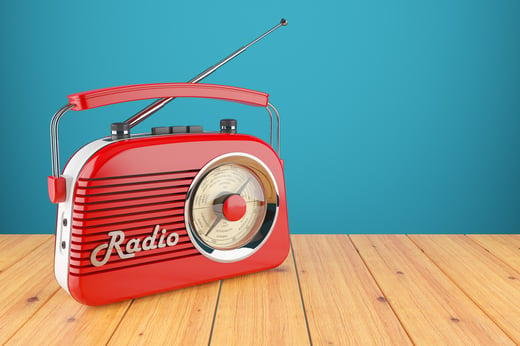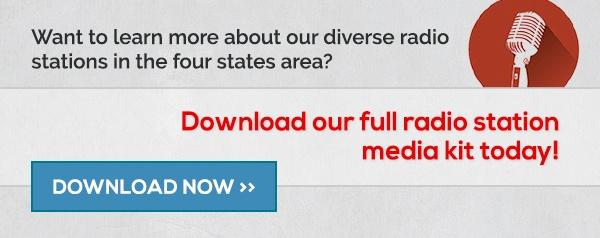 “You get what you pay for.” We’ve all heard that saying. Often, it turns out to be true. When it comes to radio spots, it’s almost always true. All radio ads are not created equal. The cheapest rate is not always the best way to go.
“You get what you pay for.” We’ve all heard that saying. Often, it turns out to be true. When it comes to radio spots, it’s almost always true. All radio ads are not created equal. The cheapest rate is not always the best way to go.
If you’re buying a commodity — grain, precious metals, electricity — the products are very similar. As a result, finding the lowest price makes sense. So, from that perspective, should radio be considered a commodity?
From the radio company’s viewpoint, radio is not a commodity. The importance of radio is well established, and all radio stations satisfy the community’s desire for content that is free, engaging, and has a local focus. In addition, radio stations provide local news and information. Radio also provides a service to businesses and organizations, providing them with opportunities for growth, developing brand awareness, and engaging with the target audience. In our market, we differentiate ourselves from our competition by investing in the best people in our industry, investing in quality equipment and technology, continually training and improving our sales staff to assist our advertisers, and having a dedicated creative services department create unique marketing plans for our customers.
To some business owners, however, radio advertising is considered a commodity. Many businesses do not view radio advertising as a requirement or investment — as say electricity might be — but as an “extra.” Furthermore, they believe all radio is created equal, however, it is not. Radio stations differentiate themselves from their competitors: They’re not all the same. Some business owners believe that since some radio broadcasters offer a cheap spot, all radio advertising should reflect that same low-cost pricing. They view all radio as the same and they see no differentiating qualities, while many reasons exist that differentiate stations and pricing.
All radio station spots are not created equal. There are variables that affect the success of the ad. Factors affecting the success of an ad include audience loyalty, placement on different stations, timing, frequency, the creative, and the call-to-action.
When you buy from Zimmer and advertise on a Joplin radio station, you are not buying a commodity. You are buying something that is much more than just a “spot;” you are buying a proven audience, experts who will help you build out your creative and marketing strategy, and time-tested tactics. You are buying premium placement on a schedule that is created with ROI in mind.
The point that radio advertisers should understand is that not every radio ad is created equal. In the case of radio advertising, you do get what you pay for, and it’s important to keep that in mind. It’s why the cheapest rate is not always your best option.

